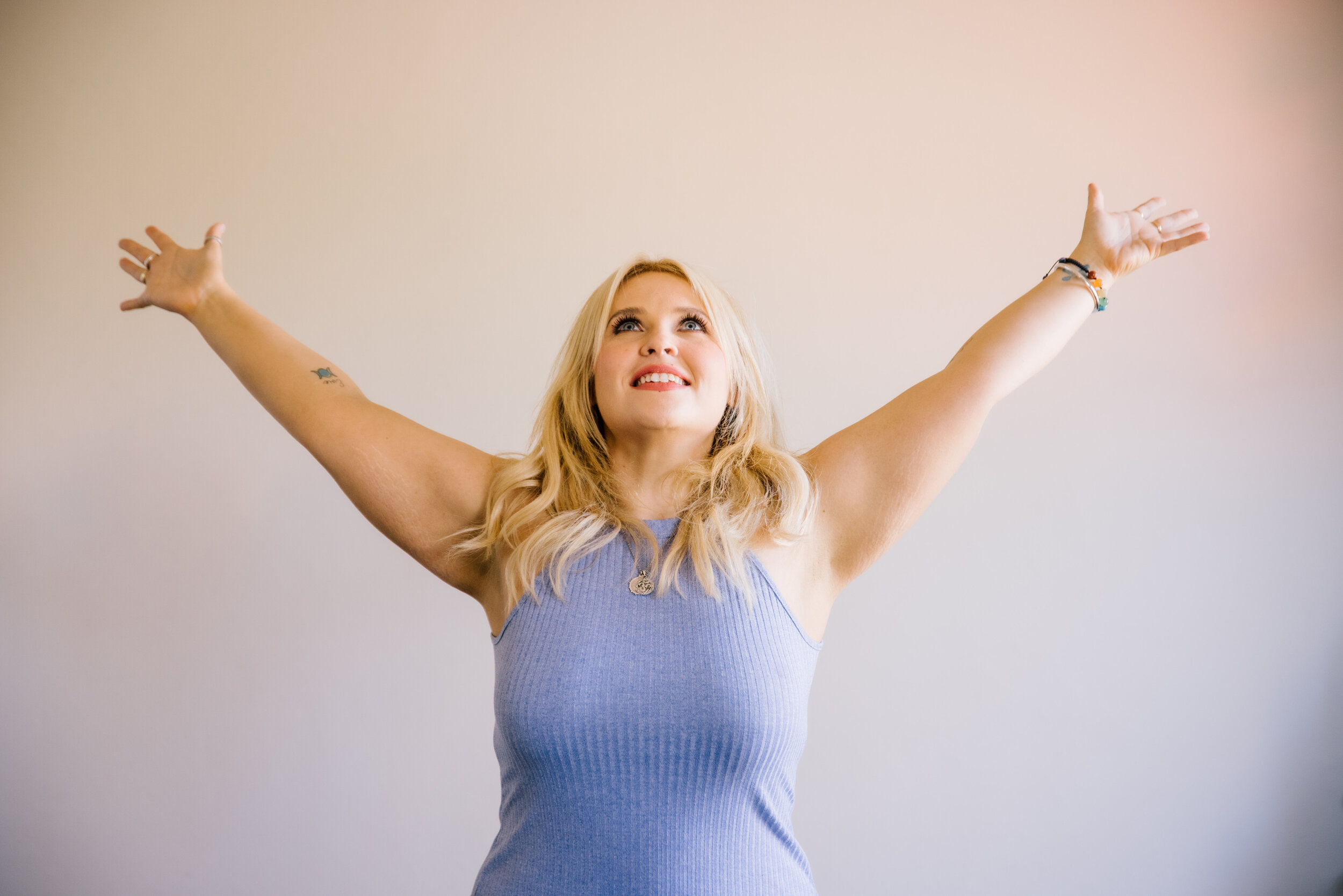We have supported domestic, family and sexual violence survivors since 2015 and made a difference to the trauma recovery of 100s of women and their families.
We have partnered with The Benevolent Society specialist DV unit, St John’s Community Services: Banksia Women, Samaritan House, Illawarra Women’s Health Centre, Blacktown Women & Girls’ Health Centre, Mudgin-gal, Nelly’s Healing Centre, Centacare, The Deli Family & Children’s services, Bondi Beach Cottage, CORE. Our aim is to meet women where they are at, on their terms, and teach evidence based strategies and techniques to support their mental health and emotional and psychological recovery.
Our programs have many reported benefits: a respectful, safe environment is created so the women can relax, build trust, connect and develop their inner awareness. Yoga can serve as a healing agent after abusive, coercive or violent relationships.
“There are many dynamic and multi-faceted tools offered by the program. These tools become a personal arsenal to rearm yourself and step back into the world.”
For more detail on impact read our case studies: Rosemary’s Story, Centacare Case Study.
“The yoga program provided by The Yoga Foundation has been transformative for Banksia Women in many ways. It has been exciting and energising to work with Natalie and Jessica, who embody the values of trauma-sensitive yoga, self-compassion and person-centred practice. Over our ‘Yoga for Wellness’ program series, we have seen women who have experienced domestic violence feel more empowered to respond to and regulate their mental health and anxiety.
Every yoga program is followed by the opportunity to share food, tea and coffee, where survivors connect with each other and with Banksia volunteers. Through Yoga for Wellness, Banksia Women as a service has been able to connect with more survivors in our local community, as we promote the program to local businesses, schools and churches, and raise awareness in these community spaces about the prevalence of domestic violence. As a service, we are grateful for the amazing work that The Yoga Foundation does, and look forward to deepening our partnership. ”
Three key themes are being repeatedly proven in the scientific literature:
1. Yoga has proven mind and body improvements for abuse survivors
The practise of yoga enhances the mind and body connection: the impact of this is fundamental to women’s recovery from trauma in either the mind or body.
• Survivors may have both psychological and physical injuries from the abuse. Talk-based therapies have a primary focus on the mind and may neglect the physical body that experiences or holds the trauma.
• Yoga actively enhances trauma survivors’ connection with both their bodies and their minds, vital in any journey to recovery.
• Survivors can feel disconnected from their bodies, cannot detect how they feel or how to react to the emotions that they experience.
• Many women report the need to physically move their bodies to release tension.
2. Yoga helps survivors regain a sense of control, and leads to better decision making
• When a survivor practices yoga, it is her choice to hold a pose, to stay in that pose, and to move away from the pose. This process helps the survivor to regain a sense of control again.
• Learning to be present through yoga has the power to help individuals become actively present in their situation and then begin to make powerful, positive changes.
• Survivors can have lower self-esteem or feel inadequate and may struggle to make small decisions: yoga enables them to start making choices and decisions that serve them.
• Practice can bring empowerment to the survivor in making her own decisions and understanding how she feels. Small goals, but after abuse and coercion, these small choices make a profound difference in the recovery process.
3. Being part of a community is very powerful in recovery
• The gathering and participation for the practice of yoga as a group creates a community of women with a shared lived experience. It’s a powerful thing that happens when they come together, in a safe place, where their focus isn’t on the trauma.
• This group interaction brings together survivors that have similar feelings about their own self worth that creates a bond of understanding and encouragement while reducing feelings of isolation.
• Practicing yoga can help ease the recovery process by giving the survivor something positive to focus on and a place to feel welcomed each week.




National Sexual Assault, Family & Domestic Violence Counselling Line: 1800 737 732, www.1800respect.org.au.
Crisis support can be found at Lifeline: 13 11 14 and lifeline.org.au.

